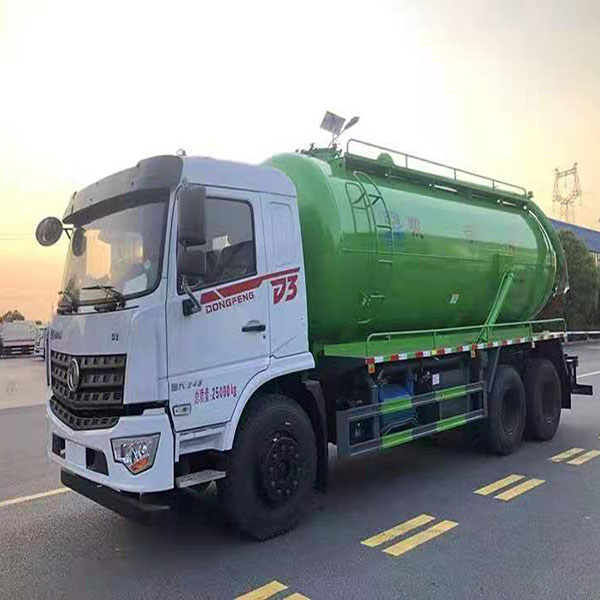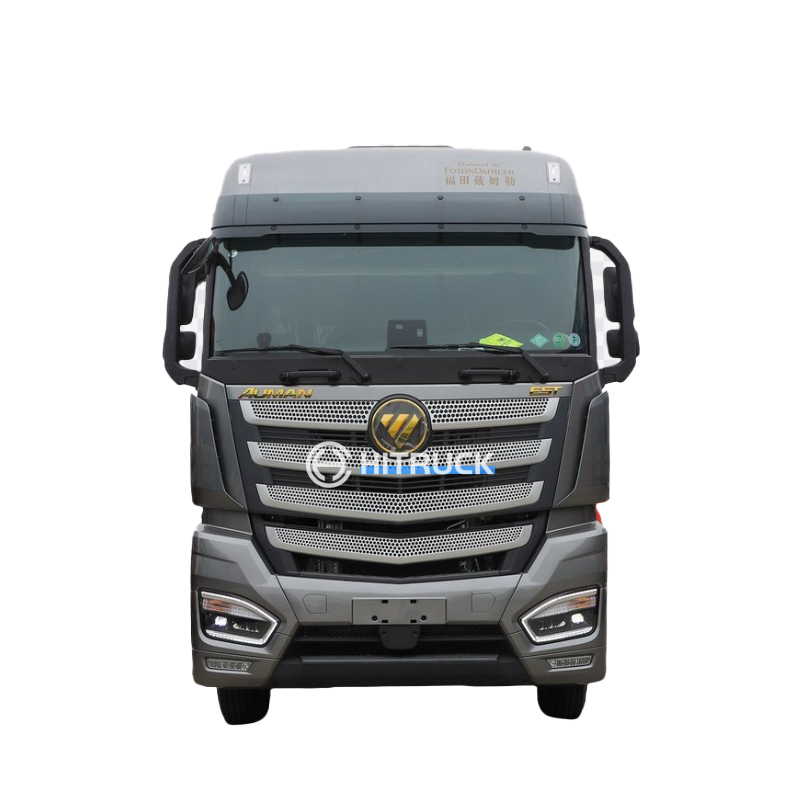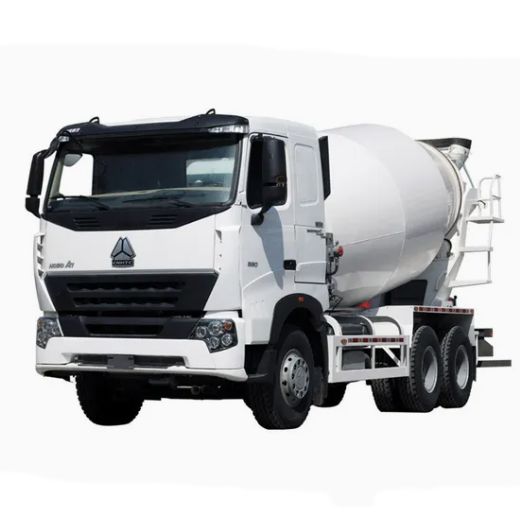This guide provides a comprehensive overview of refrigerated vans, helping you understand the various types, features, and considerations involved in selecting the perfect vehicle for your specific requirements. We'll explore factors like temperature control, cargo capacity, fuel efficiency, and maintenance to ensure you make an informed decision. From small businesses to large-scale logistics operations, finding the right refrigerated van is crucial for preserving perishable goods and ensuring successful deliveries. Learn how to navigate the complexities of choosing a refrigerated van that optimizes your operations and safeguards your investment.
Refrigerated vans utilize various refrigeration systems, each with its own advantages and disadvantages. Direct-drive systems are generally simpler and more affordable, while indirect-drive systems offer better fuel efficiency and temperature control in some cases. Electric refrigeration units are gaining popularity due to their eco-friendliness and quiet operation. The choice depends largely on your budget, transportation needs, and environmental concerns. For example, a florist transporting delicate flowers might prioritize a system offering precise temperature regulation, while a butcher transporting meat might prioritize robust, dependable cooling capacity. Consider your specific temperature requirements; some units offer wider temperature ranges than others. For more information on suitable units, you can consult experts at Suizhou Haicang Automobile sales Co., LTD.
Precise temperature control is paramount for maintaining the quality and safety of perishable goods. Advanced systems offer digital thermostats, allowing for precise temperature setting and monitoring. Many modern refrigerated vans include data loggers that record temperature fluctuations throughout the journey, providing crucial evidence of proper handling and storage. This is essential for maintaining food safety compliance and traceability.
The size of your refrigerated van should align with your transportation needs. Consider the volume and dimensions of the goods you'll be carrying. Overestimating or underestimating cargo space can significantly impact efficiency and profitability. Accurate measurements and careful consideration of your typical cargo are crucial. Measure your typical load to determine the appropriate internal volume and dimensions.
Fuel efficiency is a major factor in the overall operating cost of a refrigerated van. Consider the vehicle's engine size, fuel type, and the efficiency of the refrigeration unit. Modern designs often incorporate aerodynamic features and advanced engine technologies to minimize fuel consumption. You should analyze fuel economy data from manufacturers and compare models before making a purchase.
Regular maintenance is essential to keep your refrigerated van running smoothly and prevent costly repairs. Develop a preventative maintenance schedule that includes routine inspections of the refrigeration unit, engine, and other critical components. This will help extend the life of your refrigerated van and avoid unexpected breakdowns.
Many refrigerated vans offer additional features, such as GPS tracking, security systems, and advanced temperature monitoring systems. These features can enhance safety, efficiency, and overall operational control. Choosing the right options can streamline your operations and protect your valuable cargo. Consider factors like your budget, operational needs, and the value of the goods you transport when deciding on optional features.
| Feature | Importance |
|---|---|
| Temperature Range | High |
| Cargo Capacity | High |
| Fuel Efficiency | High |
| Reliability | High |
Table 1: Key Features of Refrigerated Vans and their Importance
By carefully considering the factors outlined above, you can choose a refrigerated van that meets your specific needs and contributes to the success of your business. Remember to research different models and manufacturers to find the best option for your investment.












